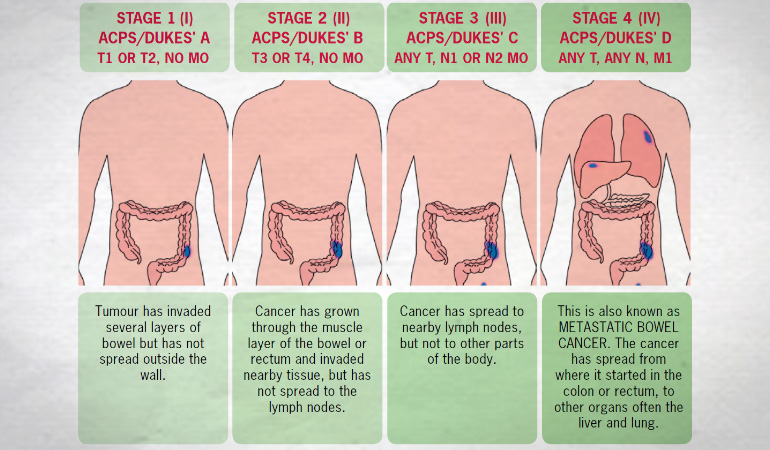What you need to know about Colon/Bowel Cancer Treatment
Contents
- 1 What you need to know about Colon/Bowel Cancer Treatment
- 2 What Does the Procedure Involve?
- 3 How Long Should You Stay at the Destination?
- 4 How Long is the Recovery Time?
- 5 What Aftercare Should You Consider?
- 6 What is the Success Rate for Colon/Bowel Cancer Treatment?
- 7 Are there Alternatives to Colon/Bowel Cancer Treatment?
- 8 What Should You Expect Before and After the Procedure?
There are several different treatments for Colon cancer and are dependent on your particular condition, such as the location of your cancer, what stage the cancer is at, and your overall health. The main treatment for bowel cancer is surgery and it can be combined with other treatments, including radiation therapy and chemotherapy.
What Does the Procedure Involve?
Your surgeon may recommend a minimally invasive approach for early-stage colon cancer, which may involve removing polyps during a colonoscopy for small and localized cancer, endoscopic mucosal resection for larger polyps, and laparoscopic surgery for polyps that cannot be removed through a colonoscopy. If you have advanced colon cancer, your surgeon may recommend partial colectomy to remove parts of your colon that contain cancer, surgery to create a path for waste to leave your body, and lymph node removal. All of these surgeries are performed under general anesthetic. If your doctor recommends chemotherapy, drugs are used to destroy the cancer cells, while with radiation therapy, powerful energy sources are used to kill cancer cells.

How Long Should You Stay at the Destination?
You will need to stay in the hospital for a few days after the surgery, usually around four to five days. After you are discharged from the hospital, plan to stay in the local area for 7 to 14 additional days for initial recovery and follow-up checkups where your doctor monitors your condition and will remove any stitches. If you underwent chemotherapy or radiation therapy, your length of stay depends on how many cycles are required for your particular case.
How Long is the Recovery Time?
You should be able to return to work within four weeks after the surgery, but you should avoid any strenuous activities, such as intense exercise, abdominal exercises, and heavy lifting for about six weeks. After therapy, you should be able to go to work the next day or when you do not have any symptoms that interfere with your ability to perform your regular activities.
What Aftercare Should You Consider?
Steadily increase your daily activity level once you are discharged from the hospital, try to take a walk as it will help to strengthen your muscles, help your lungs stay clear, and keep your blood circulating. It is also important for you to eat a healthy diet after any type of treatment. Attend regular checkups with your doctor so they can monitor your health.
What is the Success Rate for Colon/Bowel Cancer Treatment?
If you are treated early enough, there is a high chance that your treatment may cure your bowel cancer and prevent it from coming back. However, the success rate is lower if you receive the treatment in later stages. Side effects and risks of bowel cancer treatment include bleeding, infection, heart or breathing problems, blood clots, damage to nearby nerves or organs, tiredness, and loss of hair.
Are there Alternatives to Colon/Bowel Cancer Treatment?
If you are not an ideal candidate for colon cancer surgery, your surgeon may recommend an operation to relieve a blockage in your colon. This procedure is performed to relieve symptoms instead of curing cancer.
What Should You Expect Before and After the Procedure?
Before treatment, you have a life-threatening condition that interferes with your daily routine and stops you from enjoying your life. After the treatment, all of the symptoms may be relieved, your risk of complications is decreased, and your quality of life is improved.
To check prices or to book a Colon/Bowel Cancer Treatment Procedure in Thailand or anywhere else in the world, head on over to MyMediTravel now!

